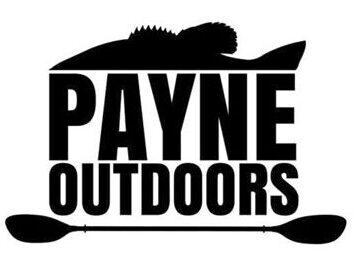Contributed by Douglas Simpson

I remember asking that question, just like many others who are wanting to get into the sport. The problem with that question is, that’s totally up to you. It’s like asking what house or car should I buy. It all depends on what you intend to use it for. What type of fishing you plan to do, what kind of water you will fish etc. Not to mention your budget, which only you know what that is. Only you know your own unique situation.
The best answer I can give on what kayak to get, is to do lots of research and if possible demo as many as you can. What works for me may not work for you. Try different lengths, widths and styles to see what works for you. Set yourself a budget and only look at kayaks in that price range, unless you don’t have a price limit. Here is the basic criteria for a fishing kayak, that works for the type of fishing I do.
1. 10′-12′ long 30″-33″ wide Sit-On-Top (SOT)
2. Adequate storage areas for rods and tackle.
3. Attachment points for electronics and other accessories.
4. Ability to stand easily, so it should be very stable.
There are about a dozen kayaks that fit this criteria. Which is why trying some out to see which one fits you best is extremely important. Try different seat configurations, if possible, see how each one handles in various water conditions. Also, think about how you will transport the kayak and see how easy or difficult it will be. That should help you narrow down your search.
Let’s take this one step further. Person (A) wants to fish primarily open water big lakes or oceans, and person (B) wants to fish smaller lakes and ponds. Well, person (A) should be looking at Sit-On-Top kayaks in the 12′-14′ range. These kayaks will be much faster, which allows person (A) to cover more distance. Plus, it just feels more comfortable to be on a bigger kayak in bigger water. Person (B) on the other hand should be looking at Sit-On-Top kayaks in the 10′-12′ range. The smaller kayaks allow for more maneuverability, which allows person (B) to get into tighter places to fish.
As you can see, there is no perfect kayak for every situation. A good kayak for fishing rivers and small bodies of water, will not be as effective on big lakes or oceans. There will always be trade offs with any kayak. The hard part is figuring out what you are willing to sacrifice and what you are not.
